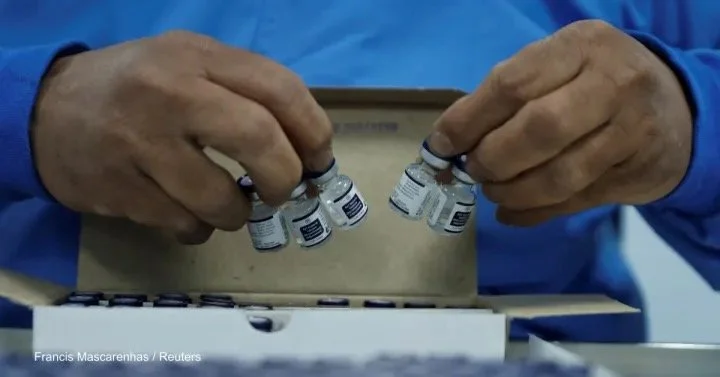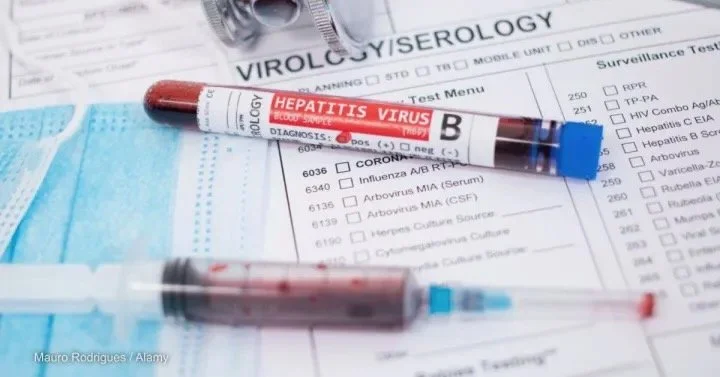Local doesn't mean low cost: Serum Institute shares global scale-up plans →
The Serum Institute of India wants to consolidate its reputation as the vaccine manufacturer for the world’s poorest. Read more.

The Serum Institute of India wants to consolidate its reputation as the vaccine manufacturer for the world’s poorest. Read more.
Experts seem to agree that there needs to be a shift in diets away from animal-based foods to avoid the worst effects of climate change. But how or how much remains up for debate. Read more.

The new guidelines are specifically designed to increase access to testing and eligibility for treatment for patients in sub-Saharan Africa, which accounts for 70% of all new HBV infections. Read more.
Having faster access to information on the genomics of a disease could help contain outbreaks by speeding the delivery of appropriate vaccines and diagnostics. The hub aims to ensure that genomics technology is widely adopted. Read more.
COVID-19 spurred an increase in gifted medical devices but the donations have left some facilities in the global south overwhelmed, without the training to utilize the equipment or the funding to maintain it. Read more.
A new "global challenge" initiative aims to steer public spending toward more sustainable food systems and mobilize private investment as well. Read more.
A potential breakthrough to prevent and treat malnutrition is finally on the horizon. The key is understanding the gut microbiome, the collection of trillions of microorganisms that help synthesize foods and produce nutrients critical to the body’s function. Read more.
It’s not hard to find signs that funding is falling short of global health needs.
The Global Fund to Fight AIDS, Tuberculosis and Malaria missed its $18 billion replenishment goal last year — the “minimum required” to get the world back on track to end HIV, malaria, and TB — by $2.3 billion. The Global Financing Facility, or GFF, is still struggling to meet its $800 million replenishment target this year to support the health of women, children, and adolescents. And even as its latest funding report announced a rise in external aid to low- and lower-middle-income countries in 2021, the World Health Organization cautioned in a press conference earlier this month that sustaining that level of giving will be difficult amid deteriorating global economic conditions.
Looking ahead to 2024 and beyond, experts are now grappling with what this could mean at a moment when the crush of global health priorities is only increasing.
Read more.
New research shows that bilateral donors tend to reduce health aid at the same time as multilateral agencies, leaving countries to cover the gaps. Read more.
Activist groups are calling on the Coalition for Epidemic Preparedness Innovations to take steps to improve transparency and access, including publishing the terms of any pricing agreements that the organization reaches, in an open letter exclusively shared with Devex.
Read more.
To keep global warming below the 1.5 degrees Celsius target laid out in the 2015 Paris Agreement, experts call for agriculture industry reforms and changes in people’s diets to reduce the amount of meat and dairy they are eating. Read more.
With progress toward the current global malaria strategy off-track, health experts are concerned that climate change could further increase rates. Read more.
Eliminating hepatitis C is inextricably linked to improving harm reduction programs for people who inject drugs. But both efforts are plagued by issues around barriers to accessing treatment, including a lack of funds. Read more.
A new Lancet commission aims to help correct the imbalance between what’s being spent on pandemic response and prevention and try to help stop another pandemic from happening. Read more.
The Global Financing Facility announced Monday that it has raised $445 million during a replenishment event, falling short of the $800 million it needs to support the health of women, children, and adolescents through 2025. Read more.